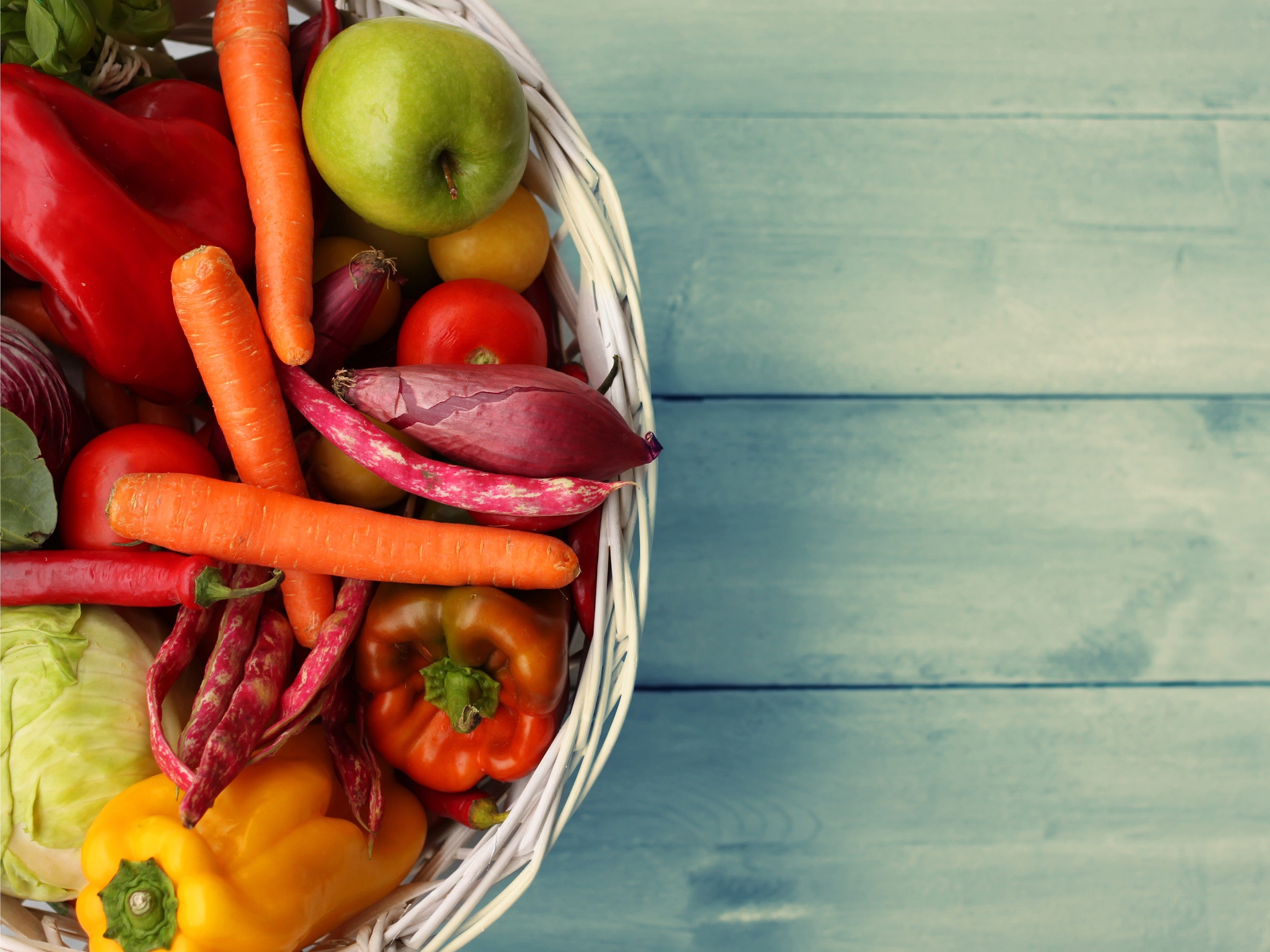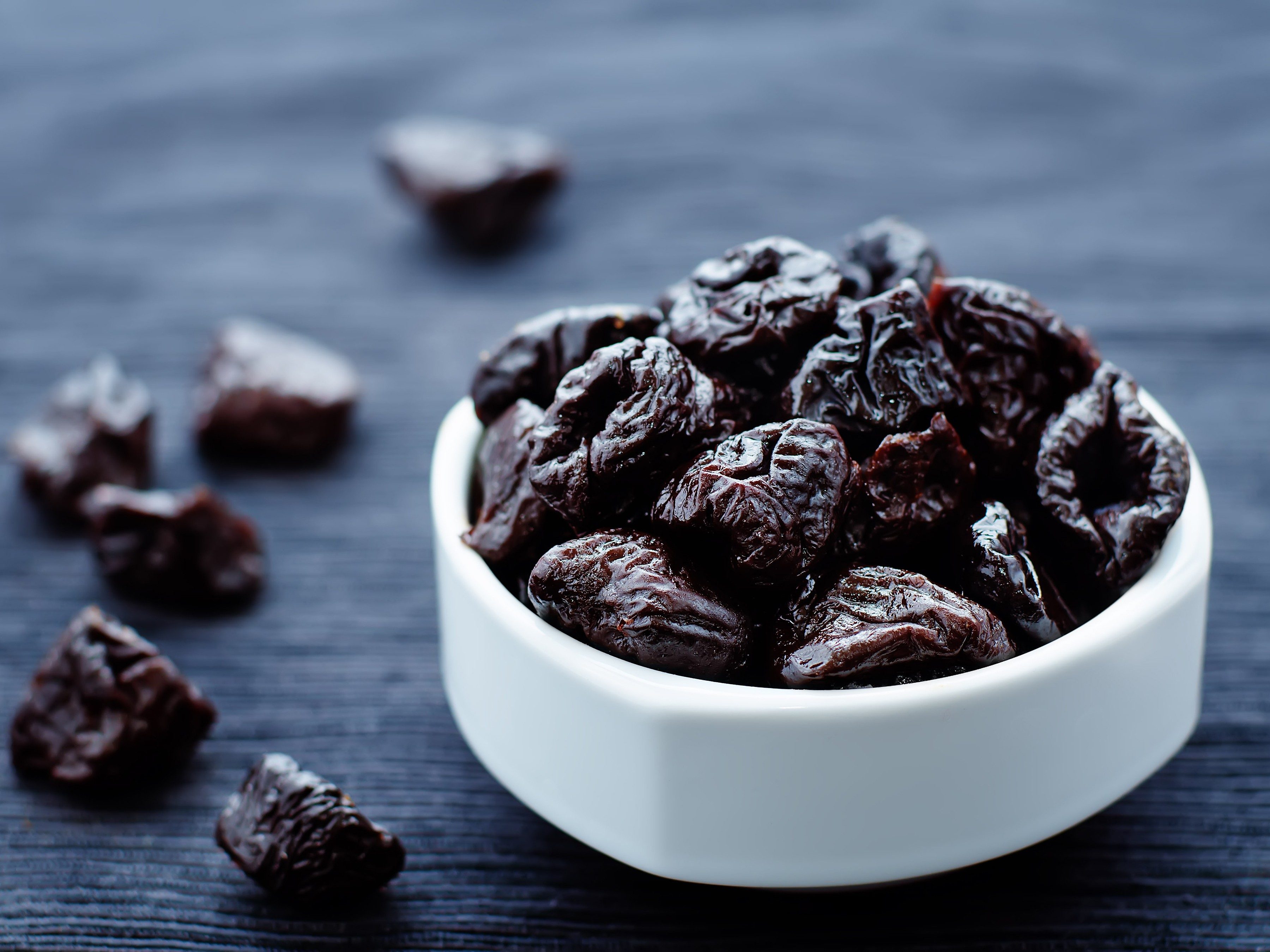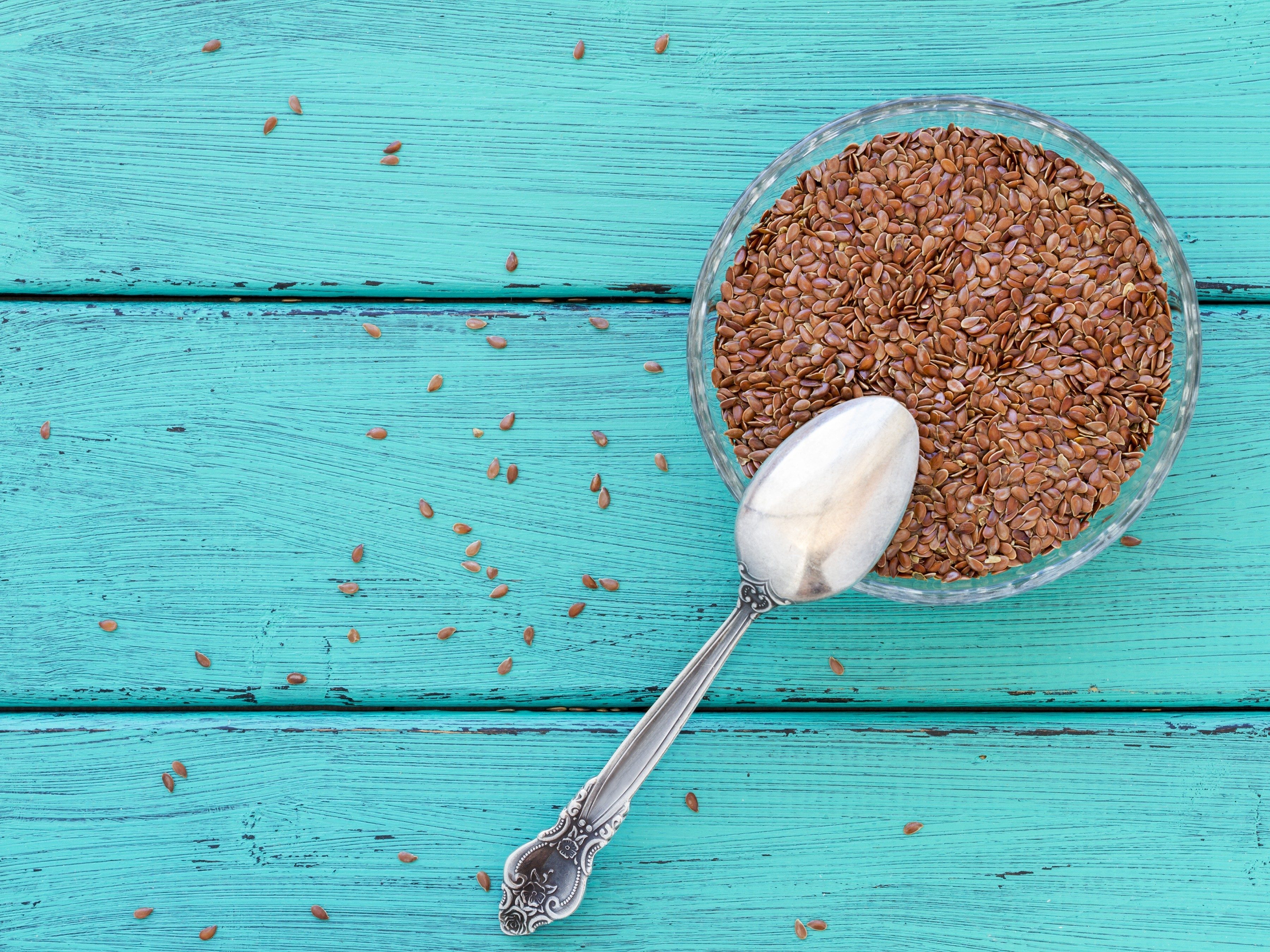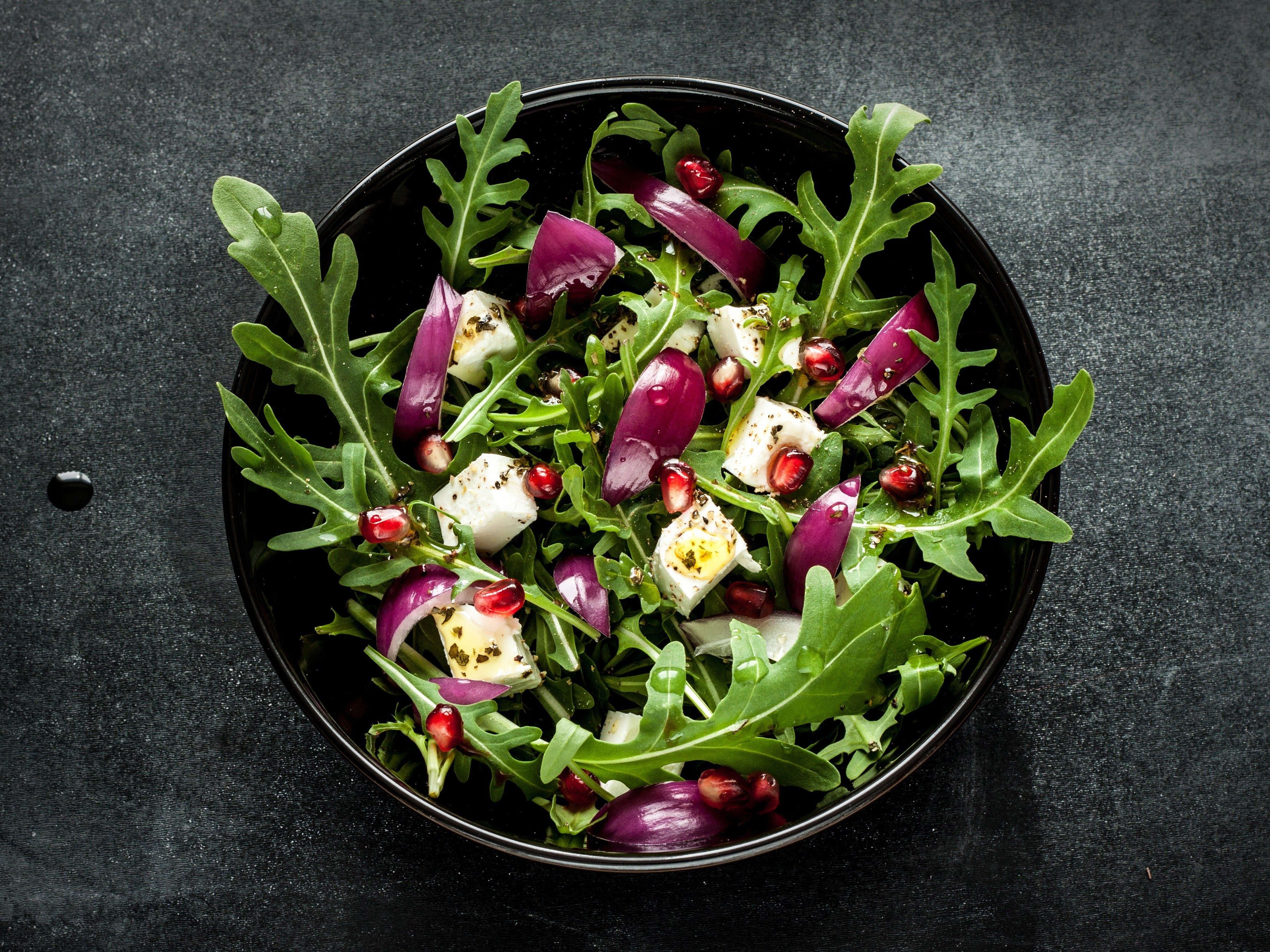
1. Fruits, Vegetables, Beans, and Whole Grains
Suffering from constipation? Find relief by adding more fruits, vegetables, beans and whole grains to your diet. Each of these are full of fibre, which is key to a smooth-running digestive system. As fibre travels along the large intestine, it absorbs fluids to bulk up and soften waste material. That helps stool pass more easily through the colon, where muscle contractions move it along. Fibre is particularly dense in the skin, stems, and leaves of fruit and plants, so don’t peel that apple or toss those broccoli stalks.
Dark green leafy vegetables (think spinach, broccoli, etc.) can do double duty not only because of their fibre but also because of their high magnesium content (see under Nutritional Supplements on the opposite page).

2. Prunes
Prunes (also known as dried plums) act as a mild laxative, stimulating muscles to push waste through the large intestine. Five prunes provide about 3 grams of fibre, but because prune juice is equally effective at relieving constipation, researchers doubt that fibre is the key. More likely, the effect is due to prunes’ high content of sorbitol, a sugar alcohol.

3. Coffee and Other Hot Liquids
Coffee gives us that “get up and go,” but it also gives us the urge to “sit down and go.” Part of the reason coffee relieves constipation is that hot liquids help move the bowels. Coffee may also trigger intestinal muscles to contract. It’s not a good long-term solution, especially because coffee is a diuretic (so drink plenty of water as well), but in the short term, it should help do the trick.

4. Water
Fibre needs water to work its magic. When we don’t drink enough water, our bodies pilfer it from our waste, leaving stools hard and difficult to pass. Make water more enticing by adding sliced seasonal fruit, like strawberries, peaches, watermelon, or citrus fruits.

5. Flaxseed and Psyllium
Both flaxseed and psyllium help relieve constipation by bulking up stool. Try drinking a cup (250 millilitres) of warm milk with a teaspoon (5 millilitres) of ground flaxseed mixed in before bedtime. Sprinkle 2 tablespoons (25 millilitres) flaxseed over cereal or in a fruit smoothie in the morning. And look for cereals that list psyllium as one of the first ingredients.

6. European-Style Salad
In Europe, many people eat their salads at the end of the meal. Adding that crunchy fibre as a finishing touch can help push the rest of the food through the digestive tract. Eating fruit an hour before or after a meal can also be helpful.
Related features:
10 Stomach Pains You Should Never Ignore
7 Ways to Get Rid of Hiccups
How to Get Relief From Heartburn